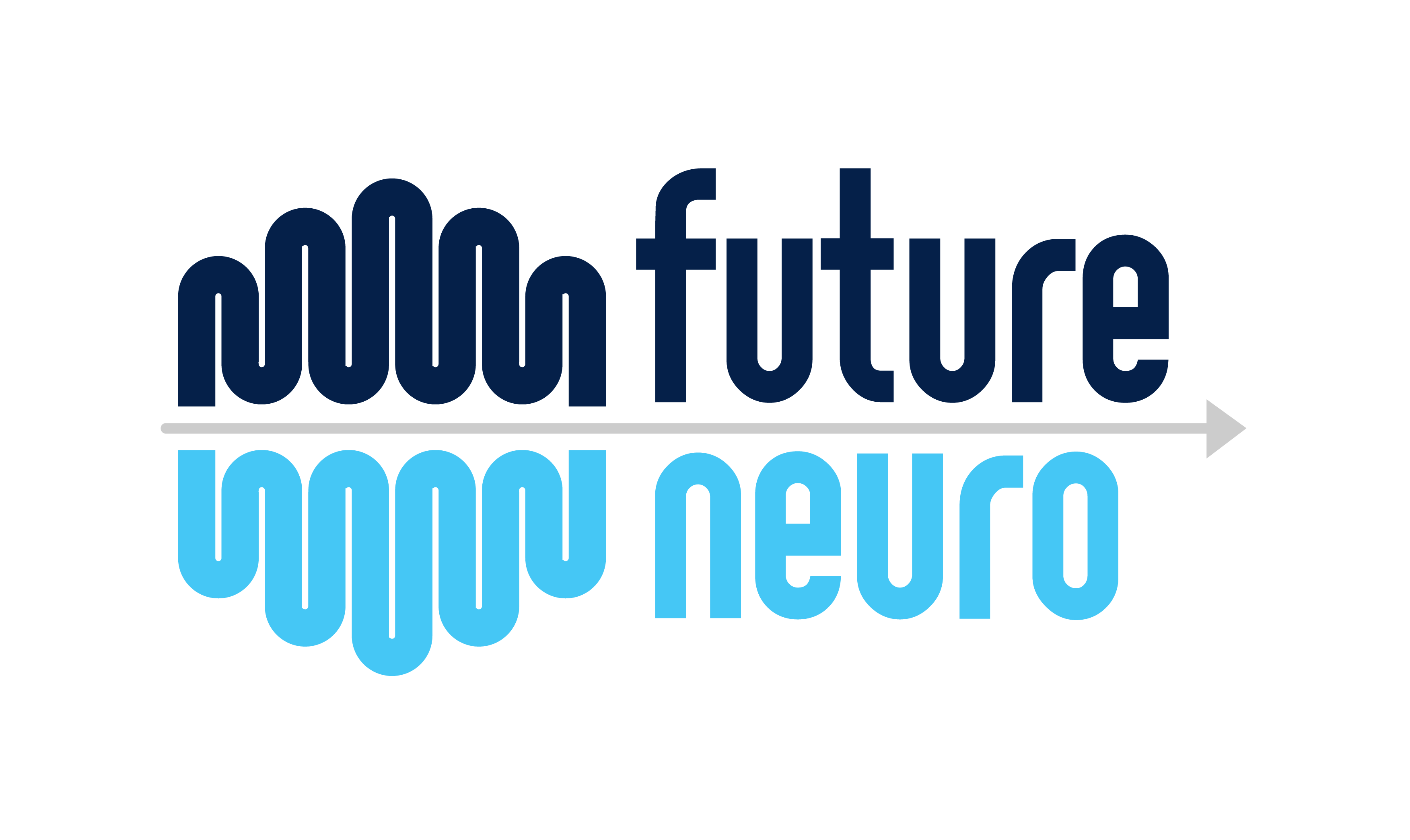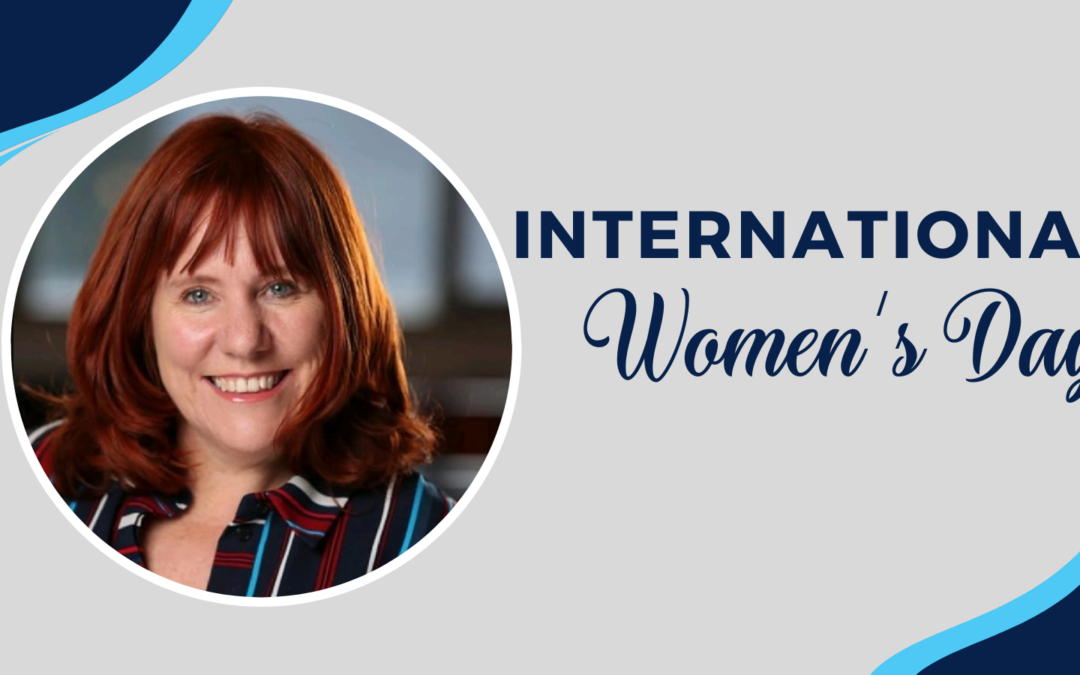On March 8th, as the world celebrates International Women’s Day, we at FutureNeuro are taking a moment to applaud the phenomenal women who champion our cause, advocate for our mission, and fuel our success every day. Join us in shining a spotlight on Nuala Ryan—an invaluable member of our patient involvement panel and a recent addition to our Governance committee.
Tell us about yourself and how you became involved with FutureNeuro?
My name is Nuala Ryan, a Dublin native and mother of four. My professional journey revolves around clinical research and drug development, where I consult and manage Public Private Partnerships in cutting-edge scientific fields. I also serve as the Chair of the NCBRS Worldwide Foundation, a charity dedicated to raising awareness, supporting families affected by the rare NCBRS syndrome, and advocating for research in this area.
My connection with Future Neuro is very personal – my youngest son has epilepsy as a symptom of NCBRS. Motivated to contribute patient/carer insights to research planning and execution, I completed the IPPOSI Patient Education Program in 2019, opening doors to FutureNeuro.
As a caregiver, research involvement isn’t just a choice; it’s a responsibility. It’s about shaping the crucial questions and making a collective impact beyond my own journey. In the spirit of ‘nothing about us, without us,’ I’m empowered by the belief that change is possible, viewing active involvement not just as a process but as a catalyst for meaningful change.
International Women’s Day celebrates the achievements of women. Is there a specific achievement during your time with FutureNeuro that you’re particularly proud of?
One of my proudest moments revolves around my involvement in the ‘Deliberative Dialogue on Genomics in Neurological Healthcare and Research.’ Led by RCSI PPI in collaboration with Future Neuro and IPPOSI, the initiative aimed to shape recommendations for the implementation of the National Strategy for Accelerating Genetic and Genomics Medicine in Ireland.
I had many roles! As a member of the Deliberative Dialogue Advisory Panel, I helped to structure the event beforehand. And on the day, I took on the role of a facilitator, ensuring maximum participation from the 35 stakeholders, including patients, advocates, clinicians, and researchers. Together, we addressed the question: ‘How best to design a national genomics research and healthcare program for Ireland from the perspective of neurological patients, families, and clinical stakeholders.’
I’ve been a vocal advocate for a National Genomics Strategy for many years. In 2016, genomics played a pivotal role in tailoring a treatment plan for my cancer, leading to a full recovery. The power of genetic testing didn’t stop there; it also unraveled the mystery behind my son’s rare syndrome after a decade of uncertainty. This revelation not only brought peace of mind but also connected me with families sharing similar experiences. The ripple effect extended to my broader family circle, where genomic testing became a preventive shield for my siblings, children, nephews, and nieces, empowering them to take proactive measures to avoid the cancer I had.
How does being a woman influenced your perspective on PPI, and what unique insights do you bring to the Governance Committee?
While I may not strictly identify as a feminist, I wholeheartedly embrace the importance of diverse perspectives, considering it to be the core of effective governance. Beyond gender, diversity includes a huge range of experiences, skills and roles, including patients, caregivers and researchers. As the primary caregiver in a family with special needs and children facing other chronic conditions, my unique position provides a more pragmatic approach to reviewing research. This lens allows me to weigh possibilities and practicalities, emphasizing essential aspects of symptom management and the real-world implementation of treatments.
How do you balance your responsibilities as a PPI representative, member of the Governance Committee, and potentially other roles you may have?
My life is a whirlwind of different roles and responsibilities. Working for myself on diverse projects for different clients, engaging in volunteer work with organizations like Special Olympics and Special Needs GAA, and managing a family with four kids – one with special needs – keeps me on my toes! It’s a lot, but I firmly believe in making time for the things that truly matter and ignite passion. There’s a quote I resonate with: “If you want something done, ask a busy person.” In my experience, being busy forces you to be efficient, and steer clear of procrastination. While there’s no concrete research suggesting that women are better at multitasking than men, I think women are often better at prioritising and channeling chaos into meaningful action!
Are there women in your field, or within FutureNeuro, who have inspired you?
When it comes to patient advocacy, Vicky Phelan stands out as a true inspiration. Her influence on women’s healthcare in Ireland is immeasurable. Vicky courageously exposed the shortcomings of the cervical cancer screening program, fighting not only for her rights but for the rights of all those affected. Despite facing a terminal diagnosis and undergoing debilitating treatments, she managed to bring engagement, fun, and a positive perspective to her advocacy.
Vicky’s efforts not only raised awareness about cervical cancer but also encouraged more women to undergo testing. She understood that the changes she fought for might come too late for her, but she pressed on, driven by the belief that they could benefit others. In the world of research and new treatments, patience is key. We must play the long game, and hope that the impact will benefit the generations to come.
How do you envision the role of PPI evolving in the future?
PPI is undergoing a significant shift, evolving from being perceived as ‘nice to have’ to becoming a prerequisite for securing research funding. At FutureNeuro, the commitment to PPI is evident from the earliest stages of research ideation right through to the dissemination of results. Initiatives like the RCSI PPI Dragons Den highlight the enthusiasm to embrace PPI. Platforms like these provide practical advice to researchers, fostering a culture where PPI is not just a checkbox but a dynamic and essential part of research planning. Recently, I also had the opportunity to lecture on the importance of PPI to first and second-year students in an advanced Therapeutics Course. Seeing how PPI is becoming ingrained in the education of future researchers is such a promising sign!
What advice would you give to people interested in becoming involved in PPI activities?
With so many opportunities vying for attention, make sure to choose projects that align with your passions. Clarity on time commitments and a genuine acknowledgment of your opinions enhance the experience—because feeling valued is key. Once involved, PPI will open doors to learn about new research and network with likeminded people—each with a unique background and perspective. The beauty lies in realising that, collectively, we can make a difference.


